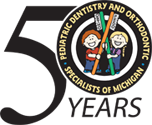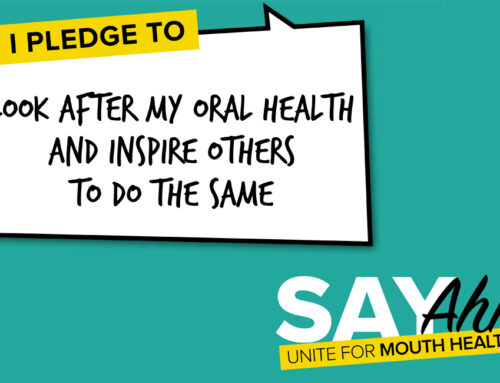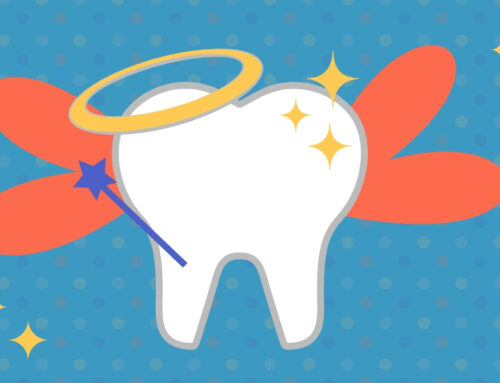Smoking and tobacco use has been part of society for decades, and most everyone is aware of the harmful effects of each on one’s health today. What people who smoke or chew tobacco may not fully comprehend is that oral health is very negatively effected. Though it may seem like common sense by now, teaching your children and teens the harmful effects of smoking and tobacco is still hugely important.
An obvious result of smoking and chewing tobacco is bad breath, which could definitely impact a close conversation. Other possible oral health impacts include stained teeth or tongue; a dulled sense of taste and smell, slower healing times after tooth extractions and other dental work; difficulties in resolving certain cosmetic or dental issues; gum disease; and oral cancer.
Nicotine is what gets many people addicted to cigarettes, chewing tobacco and cigars in the first place. It also has the effect of constricting blood vessels in the oral cavity and making it harder for the body to respond to bad bacteria known to cause gum tissue problems. Its addictive properties grasp a hold on many users and don’t let go, making the quitting process that much more difficult. Children and teens should be advised that while peer pressure may lead to experimentation, addiction is a serious consequence.
The first U.S. Surgeon General’s report on smoking and health was first distributed in 1964, and since then 20 million Americans have died from the addiction — including 2.5 million people who died as a result of secondhand smoke. Meaning, parents and caretakers can negatively impact children’s health by smoking in their presence, while also setting a bad example and providing a gateway to picking up the habit for kids.
Quitting is, of course, the best way to prevent further harm to oral health – or systemic health – in general. It is recommended that aside from straight quitting — which may be too large a leap for many smokers to take in an instant — doing little things like exercising, chewing gum or staying preoccupied with various activities can help accelerate that process and get someone on the right path to quitting.
For those who want to quit, dentists and doctors can even prescribe medication that will help someone quit. These medications can speed the process and help people wean off the nicotine addiction with more control and less chance of relapse. Quitting a nicotine habit is a win-win situation that improves health by making the chances of developing things like gum disease or oral cancer much lower while setting a positive example for children and teens.
About Pediatric Dentistry and Orthodontic Specialists of Michigan, the offices of Drs.  Delaney, Plunkett, Ralstrom, Makowski, Thanasas, Ker, and Associates
Delaney, Plunkett, Ralstrom, Makowski, Thanasas, Ker, and Associates
Pediatric Dentistry and Orthodontic Specialists of Michigan have specialized in pediatric dentistry and orthodontics since 1968. Our family-friendly office gives patients and families a more comfortable and consistent experience with dentistry from the very beginning. The pediatric dentists treat children from newborn to 18 years of age while our orthodontists provide care for both children and adults, including being an Invisalign preferred provider. The ability to treat all special needs patients reaches beyond our facility, which has treatment rooms available for children who require additional privacy. Valued hospital affiliations allow dental services to be performed at DMC Children’s Hospital and St. John’s Hospital Macomb when needed. Our specialists are also on staff at Henry Ford and Beaumont hospitals.





